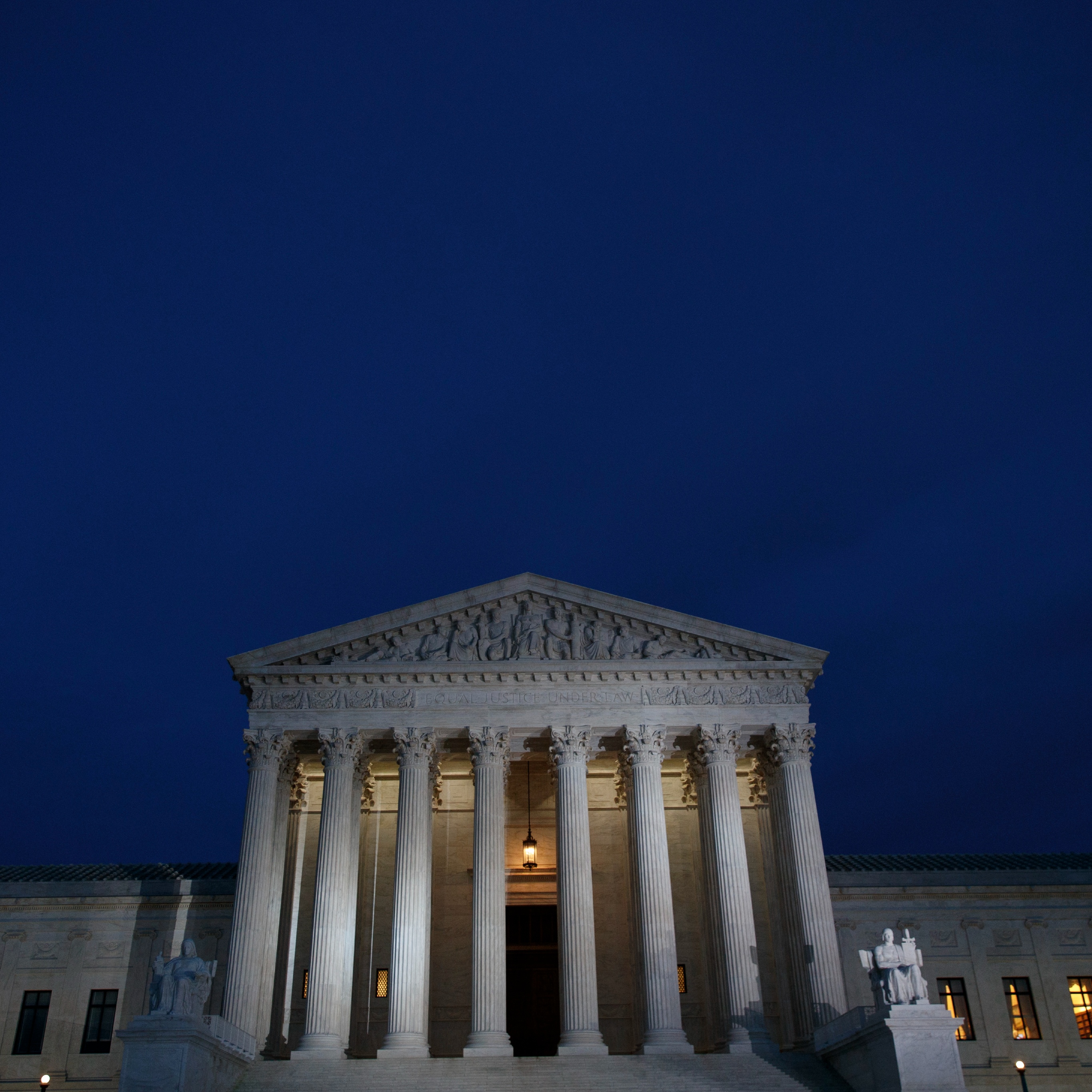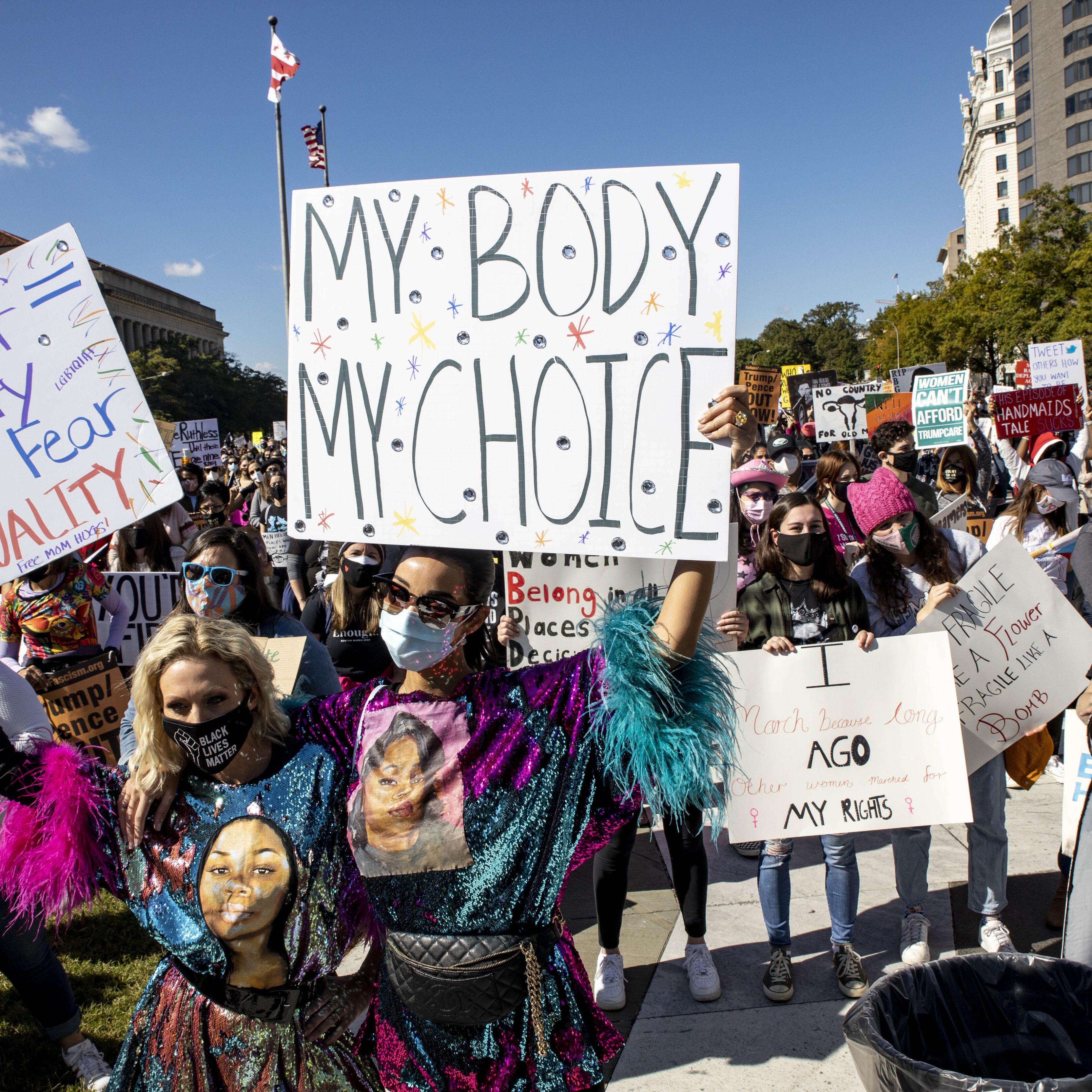Supreme Court of the United States
Discover expert analysis and the modern take on The Supreme Court, brought to you by Marie Claire.
-

This Bill Wants to Stop Anti-Abortion Groups From Getting Your Private Data. Period
Post-Roe period tracking apps and search history suddenly have serious implications.
By Emily Tisch Sussman Published
-
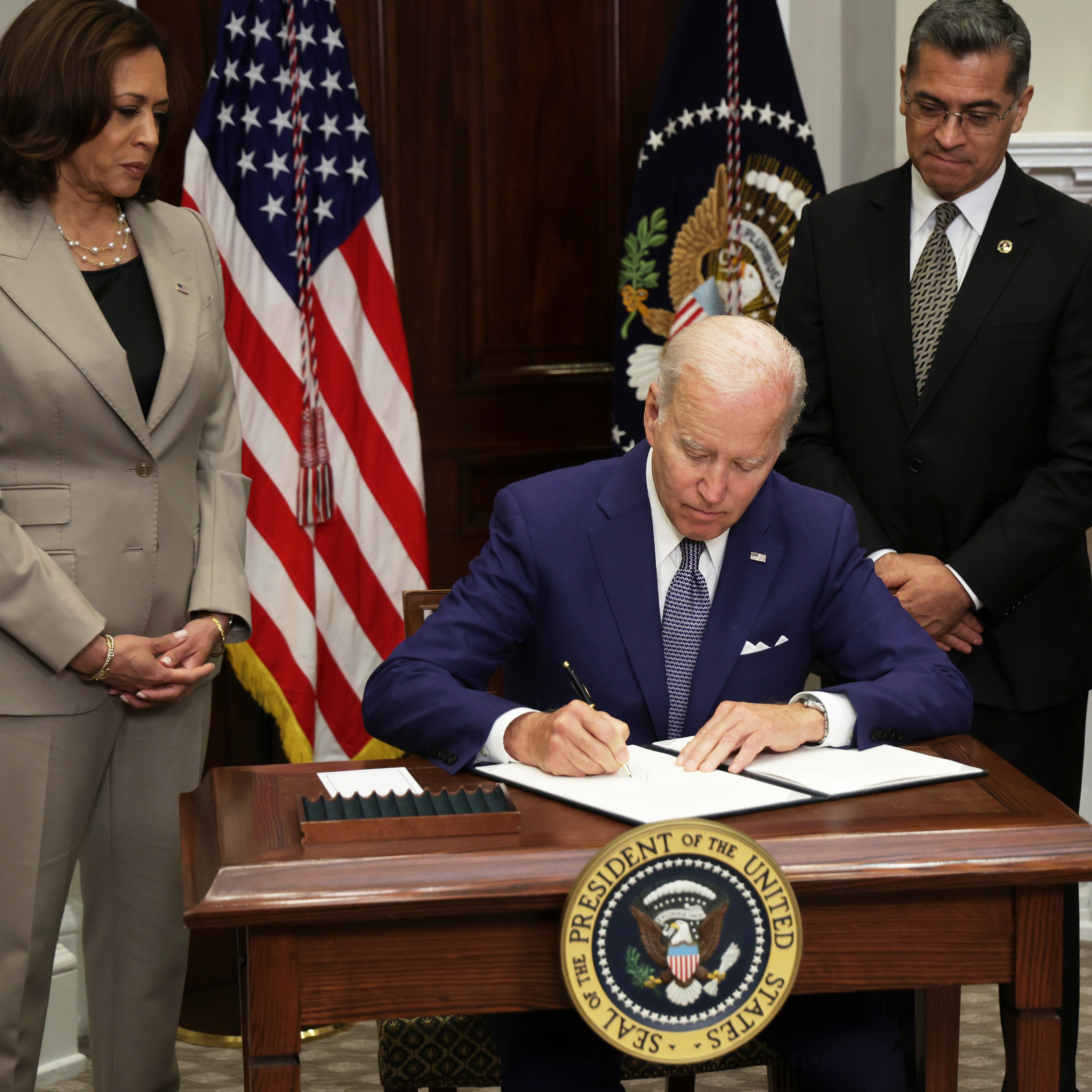
What Does President Biden’s New Executive Order Mean?
“We feel really strongly, particularly given the tremendous amount of legal chaos that has ensued since this decision, that it’s incumbent on us to be careful.”
By Lorena O'Neil Last updated
-
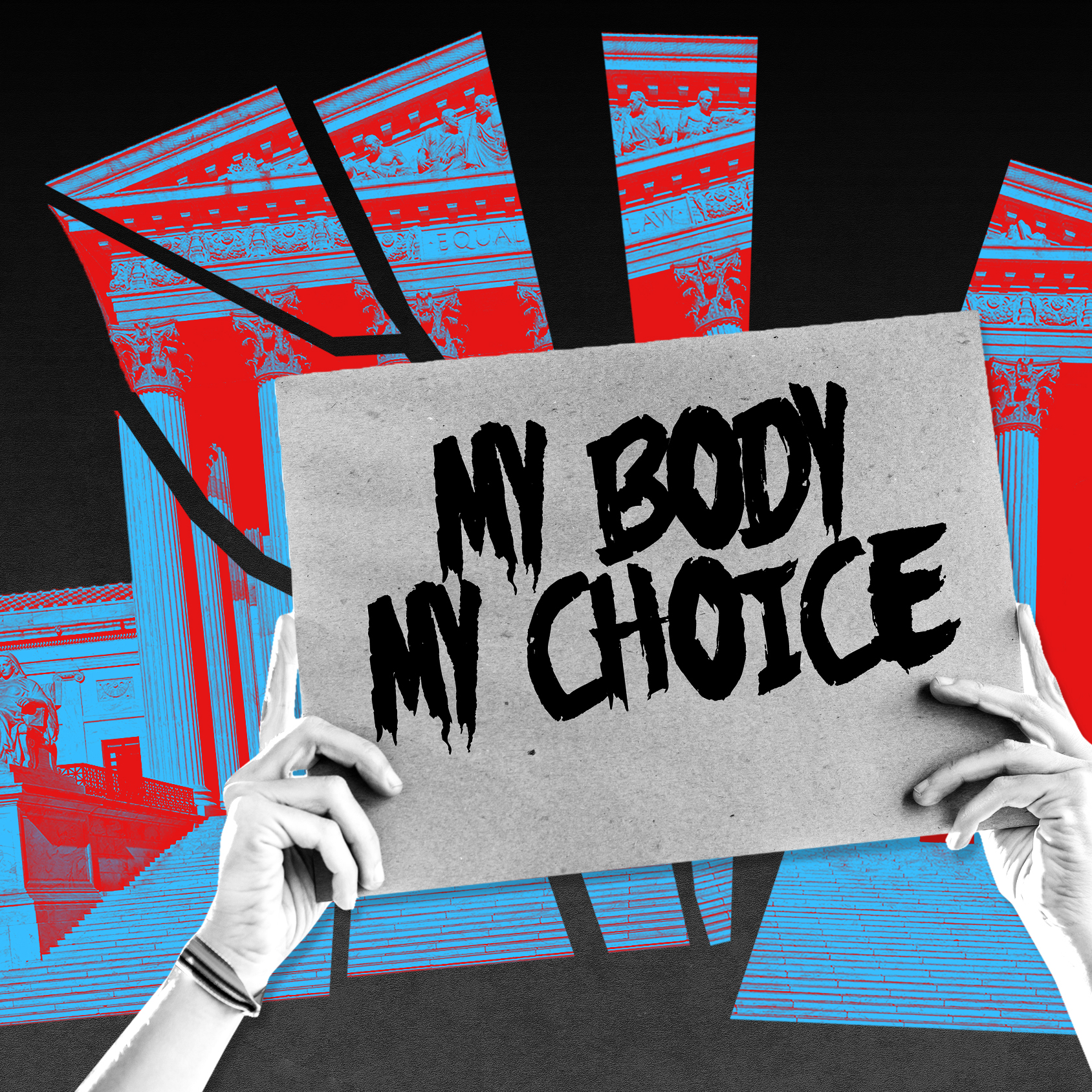
14 Abortion Rights Organizations Accepting Donations to Support Their Fight
Features 'Roe' is no longer the law of the land, but these organizations won't stop fighting.
By Gabrielle Ulubay Published
Features -

Halsey Shuts Down Fans Who Left Phoenix Concert During Pro-Choice Speech
The singer responded with a clever tweet.
By Paulina Jayne Isaac Published
-

Meghan Markle Calls Prince Harry a Feminist, Expresses Fear for Women's Safety Over Roe v. Wade Being Struck Down
The duchess spoke to Gloria Steinem about it.
By Iris Goldsztajn Published
-

Lizzo, Sophie Turner and More Celebrities React to Roe v. Wade Being Overturned
It's been a difficult weekend.
By Iris Goldsztajn Published
-

Olivia Rodrigo and Lily Allen Dedicated 'F*** You' to the Justices Who Struck Down Roe v. Wade at Glastonbury
Rodrigo listed their names one by one.
By Iris Goldsztajn Published
-

Lawmakers, Activists, and Allies Are Reacting With Fury to 'Roe' Being Overturned
Thousands are taking to Twitter to express their grief and anger.
By Tanya Benedicto Klich Published
-

Roe Is Gone. But We Have to Keep Fighting.
How To Democracy always offers a path forward even when we feel thrust into the past.
By Beth Silvers and Sarah Stewart Holland, hosts of Pantsuit Politics Podcast Published
How To -
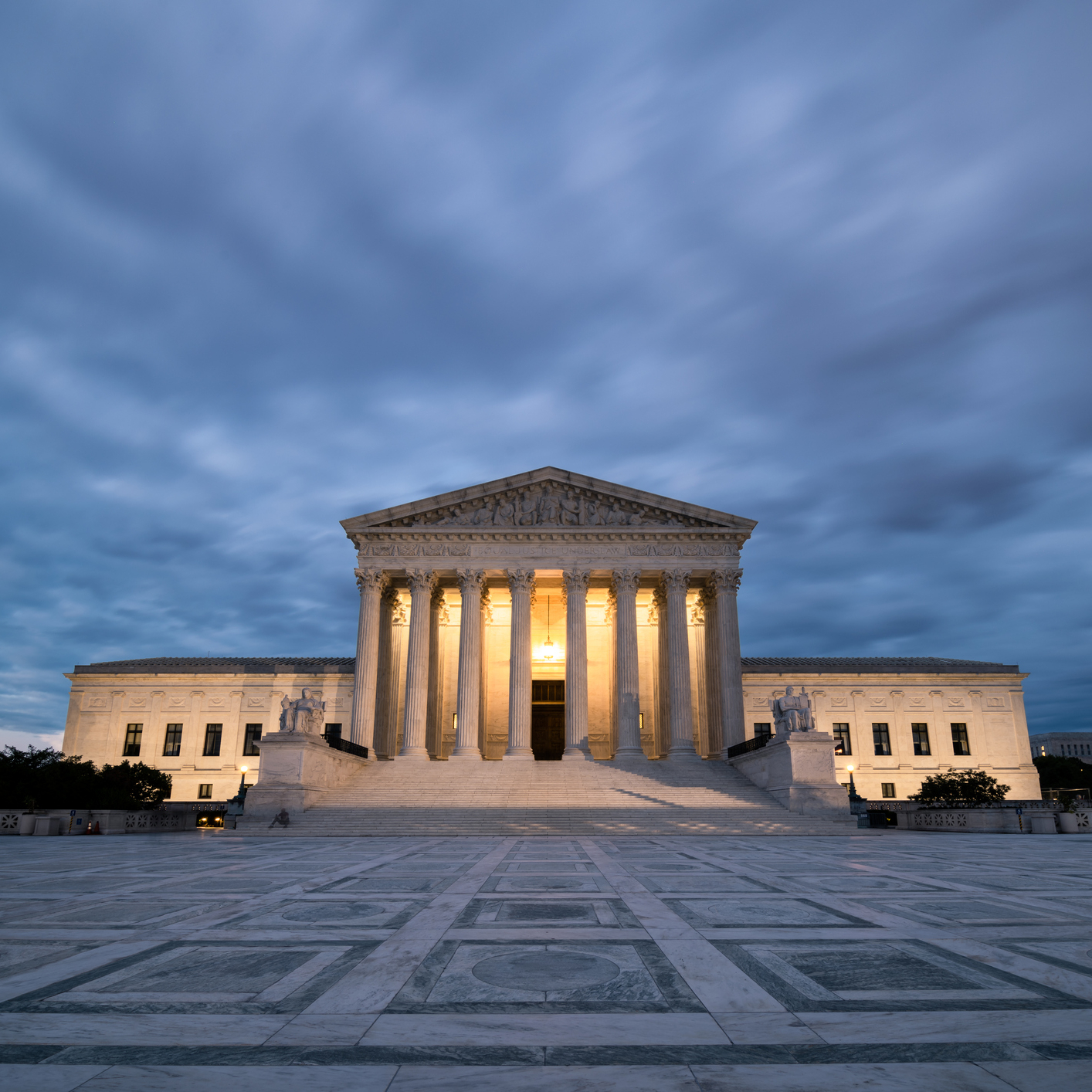
The Supreme Court Has Struck Down Roe v. Wade
Roughly half of U.S. states have indicated they will now ban abortion.
By Jenny Hollander Published
-
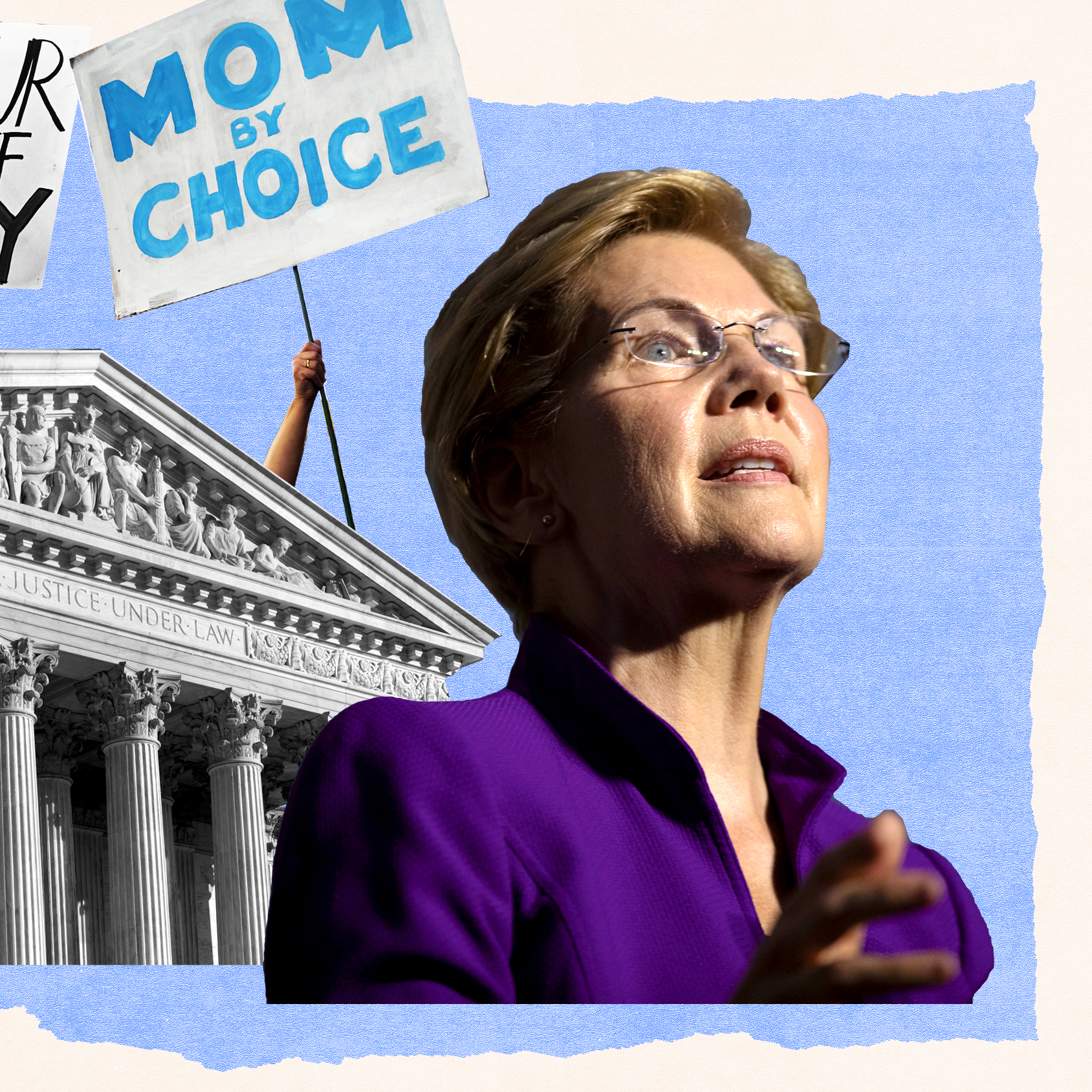
Elizabeth Warren: I Am Angry But Determined to Protect Roe
For Marie Claire, the Massachusetts Senator lays out the path to fight back right now.
By Elizabeth Warren Published
-

The Supreme Court's Mississippi Abortion Rights Case: What to Know
The case could threaten Roe v. Wade.
By Megan DiTrolio Published
-
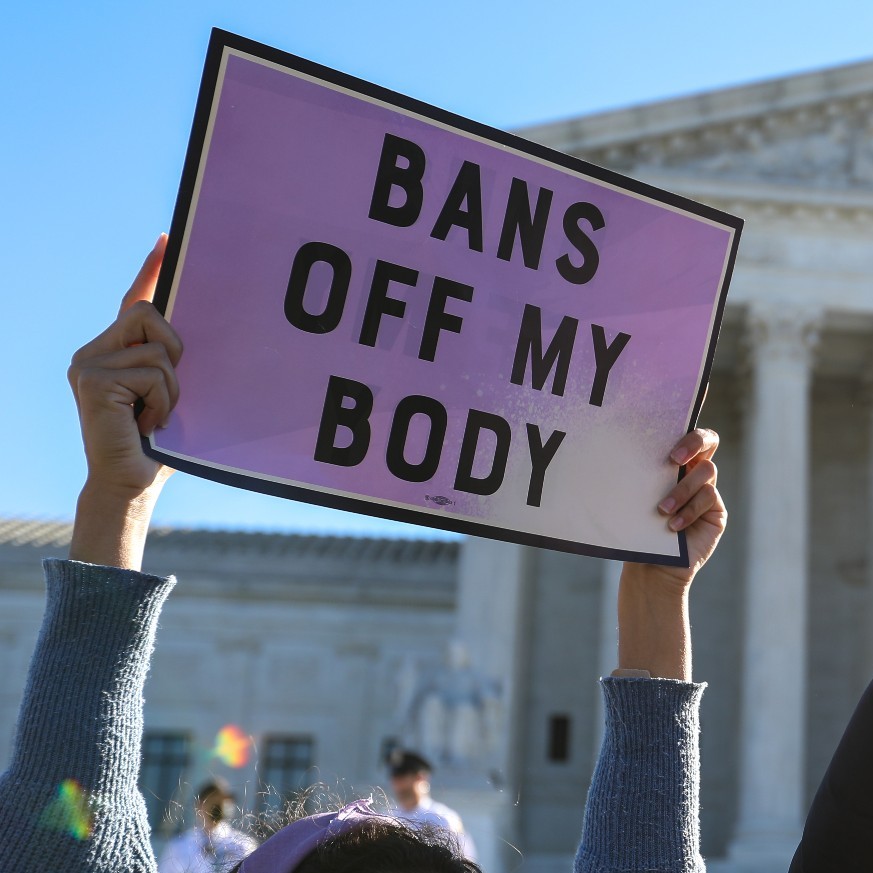
The Supreme Court Is Hearing a Case That Could Overturn 'Roe v. Wade'
'Dobbs v. Jackson Women's Health Organization' is the most consequential abortion rights case in decades.
By Rachel Epstein Published
-

Anita Hill Believes We Can End Gender Violence
Three decades after her landmark testimony in the Clarence Thomas confirmation hearings, the esteemed professor and lawyer has a message for leaders: The time is now to prioritize anti-gender violence policies.
By Rachel Epstein Published
-

Your Abortion Questions, Answered
Here, MC debunks common abortion myths you may be increasingly hearing since Texas' near-total abortion ban went into effect.
By Rachel Epstein Published
-
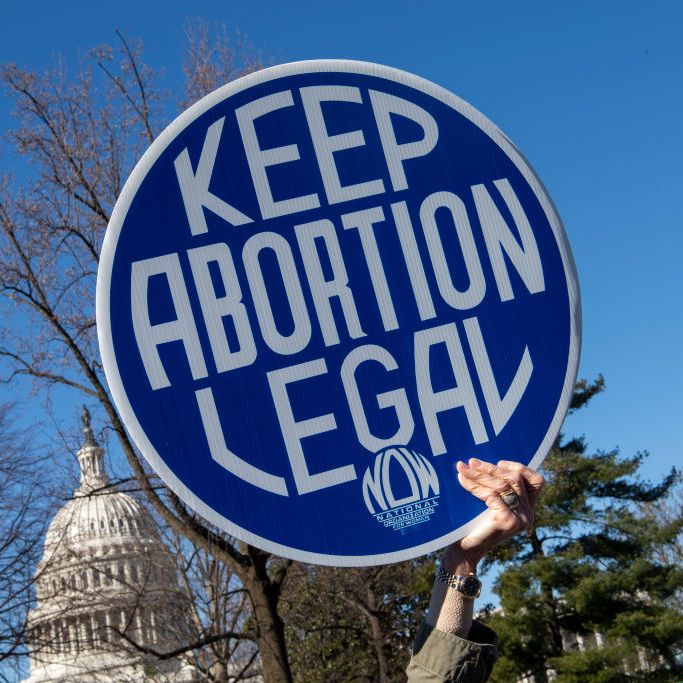
The Texas Abortion “Snitch” Site Is Having a Bad Weekend
First it gets flooded with sexy Shrek memes, then the web host tells it to get lost.
By Cady Drell Published
-
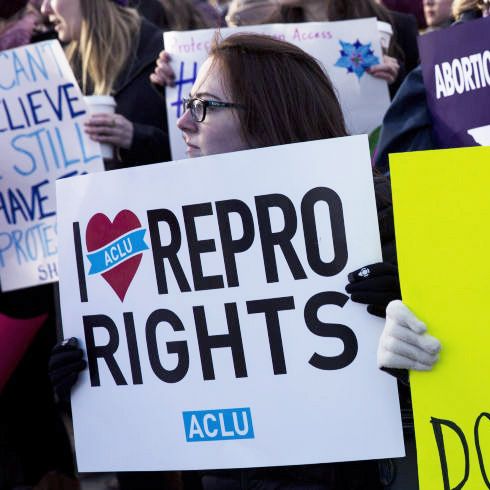
Trump Vows to Appoint Pro-Life Judge to Supreme Court
In a new interview with 60 Minutes, the President Elect confirms his stance on Roe v. Wade.
By Sally Holmes Published
-
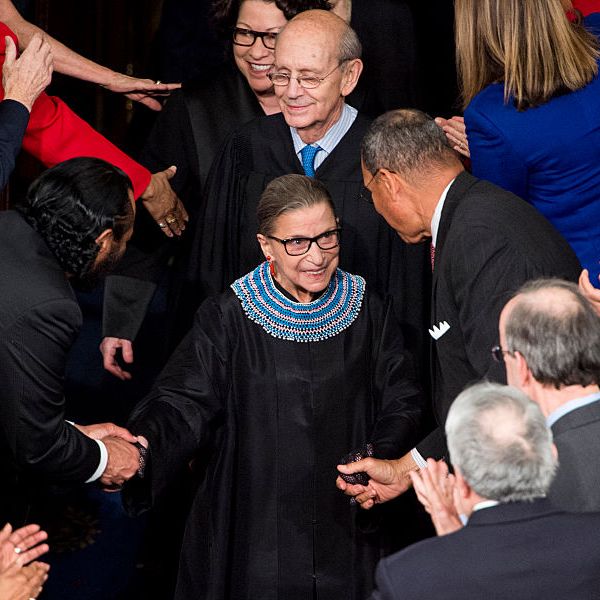
Inside the Making of RBG's 'Justice, Justice Thou Shalt Pursue'
I had the special privilege of working closely with Justice Ginsburg one last time.
By Amanda L. Tyler Published
-
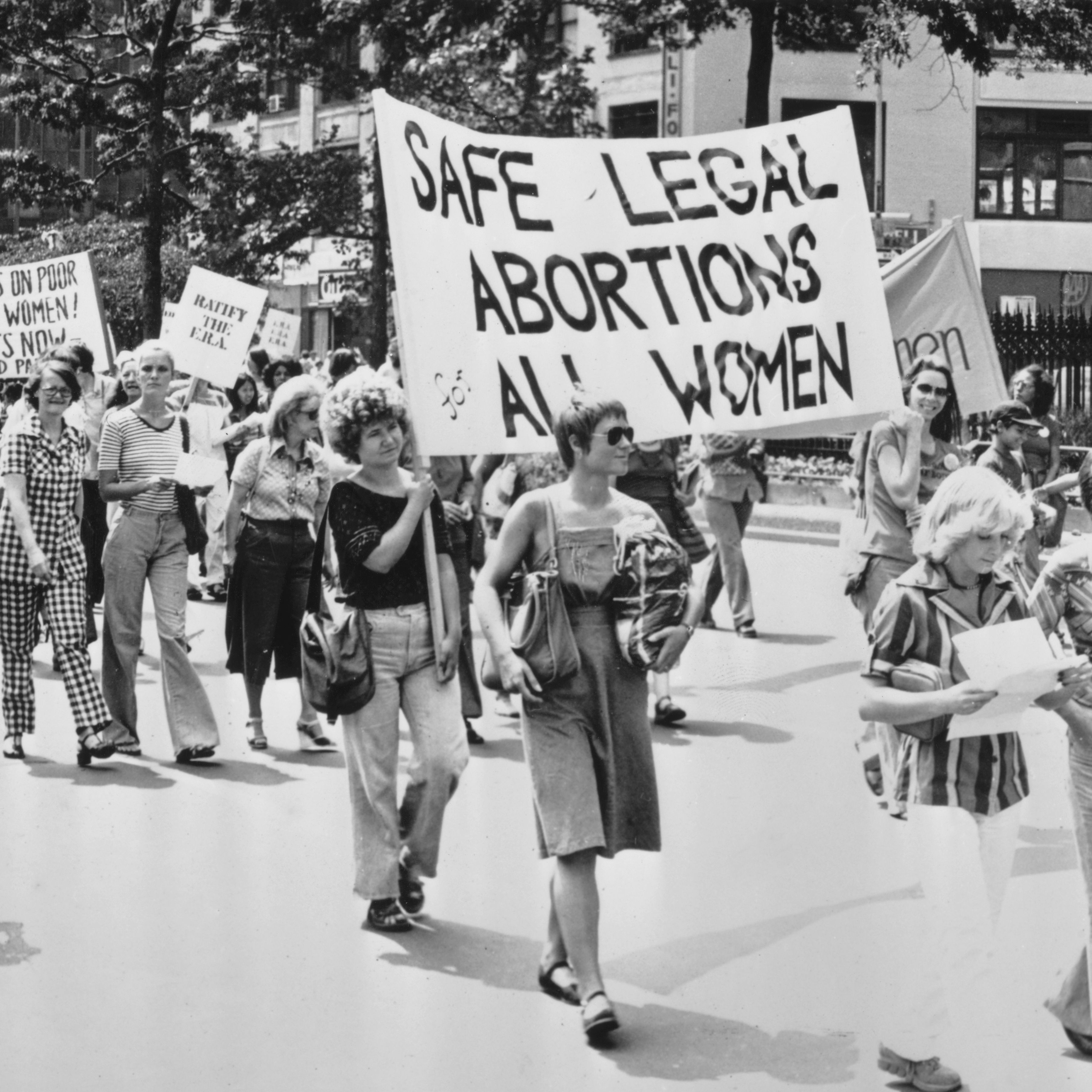
Today Marks the 48th Year We've Had Roe Protections. Will It Be the Last?
The U.S. Supreme Court was once a vanguard of reproductive rights protections. Now, it's moving dangerously backwards.
By Nancy Northup Published
-
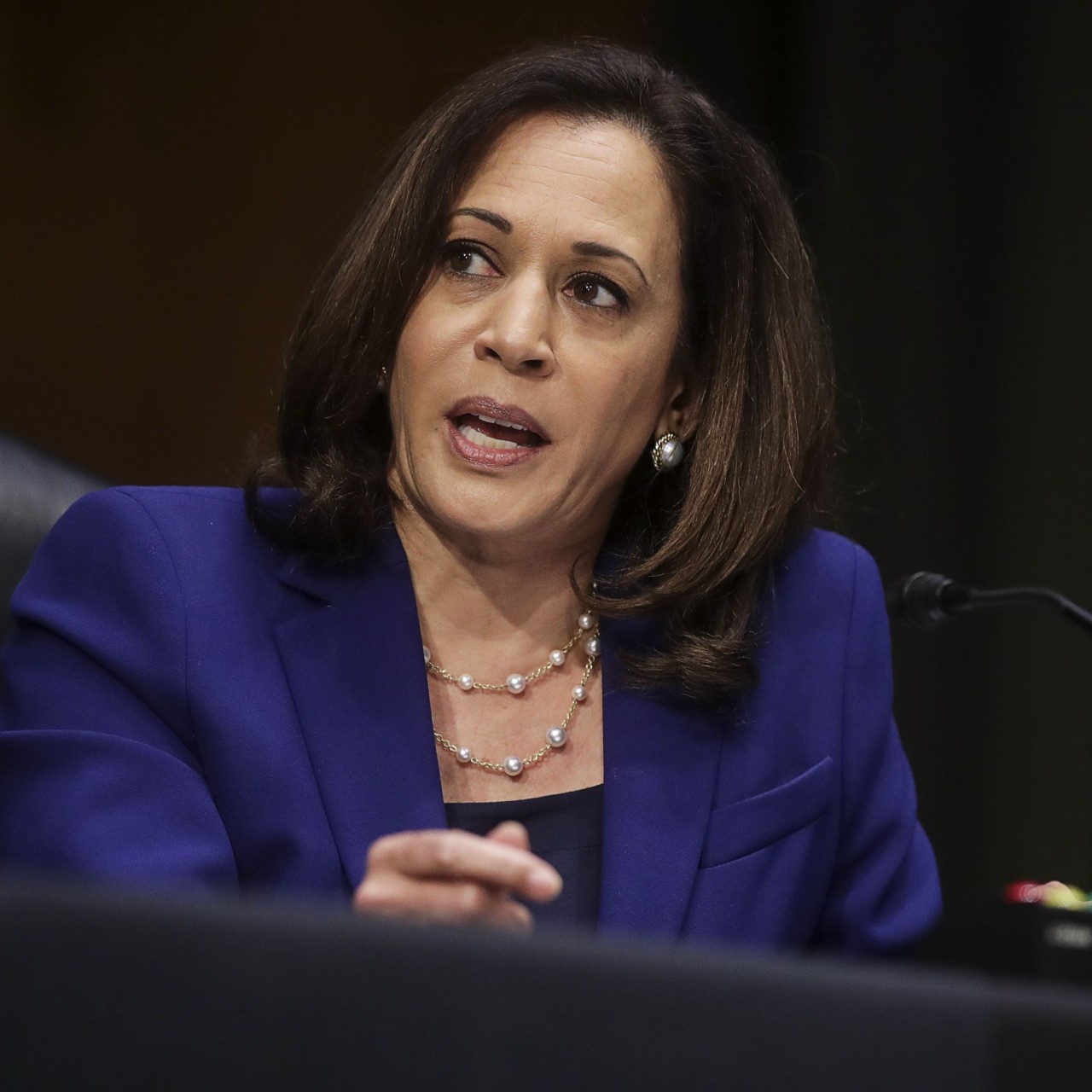
Where Kamala Harris Stands on Abortion
She and Biden have clashed on the subject.
By Bianca Rodriguez Published
-
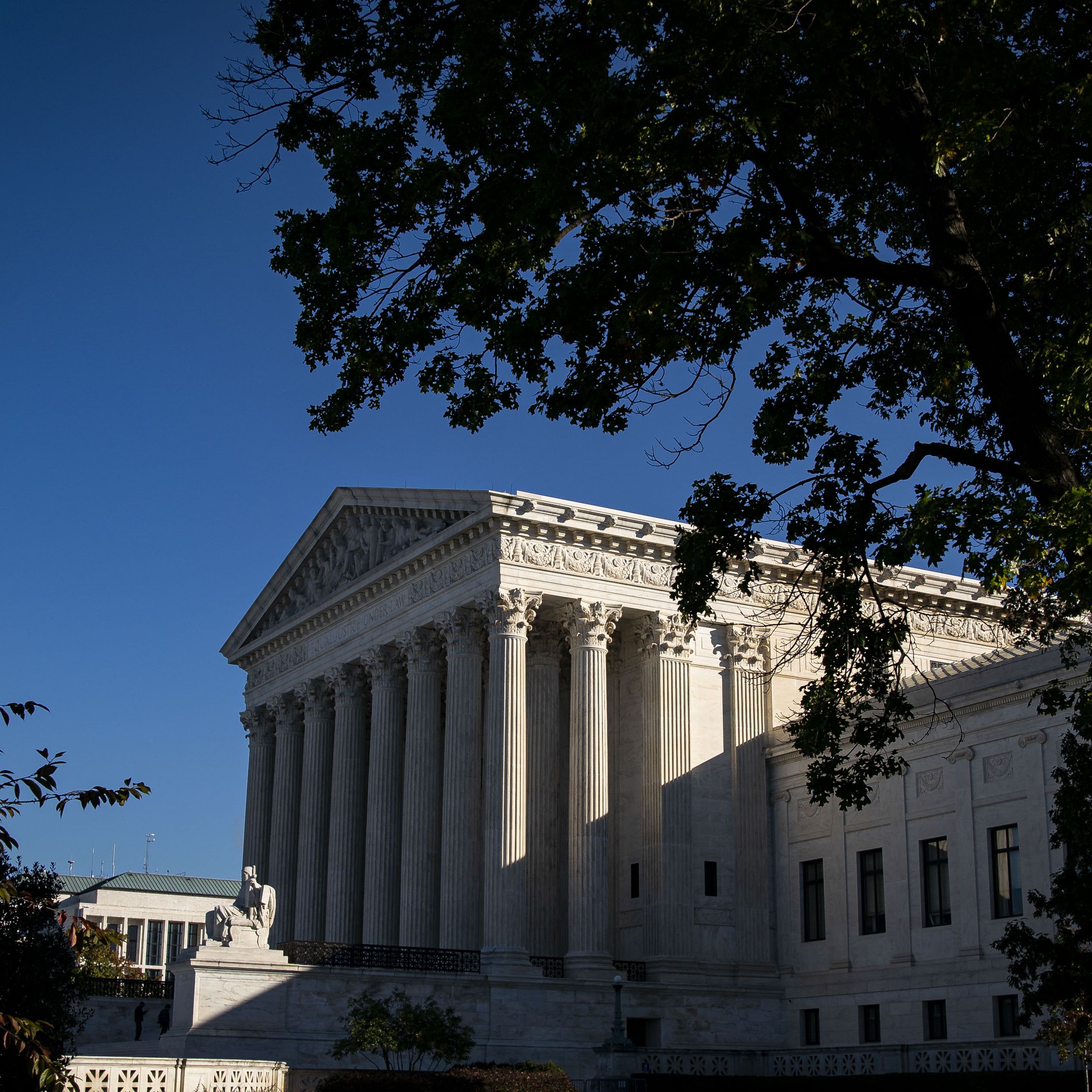
Will the 2020 Election Go to the Supreme Court?
You'll likely hear about a lot of lawsuits in the days to come.
By Rachel Epstein Published
-
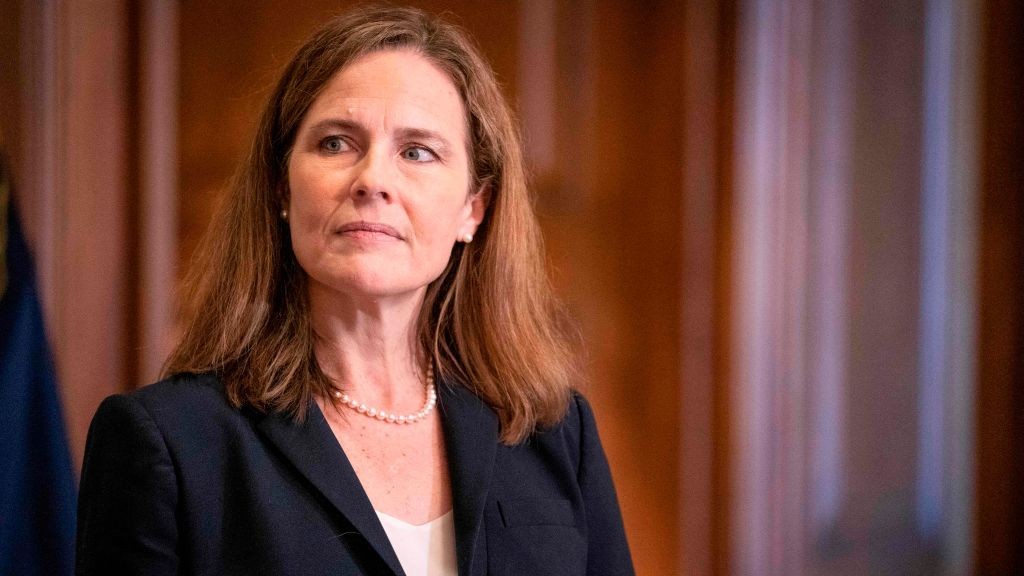
Amy Coney Barrett Has Been Confirmed to the Supreme Court
People are terrified, confused, and angry about what's to come.
By Rachel Epstein Published
-

Where Senators Stand on Replacing Ruth Bader Ginsburg
Within hours of RBG's death, senators began speaking out about whether they'll vote to fill her vacancy during an election year.
By Rachel Epstein Published
-

Books and Movies About Ruth Bader Ginsburg to Honor Her With
"Ruth Bader Ginsburg gave us hope," said Felicity Jones, who played her in On The Basis Of Sex.
By Bianca Rodriguez Published
-
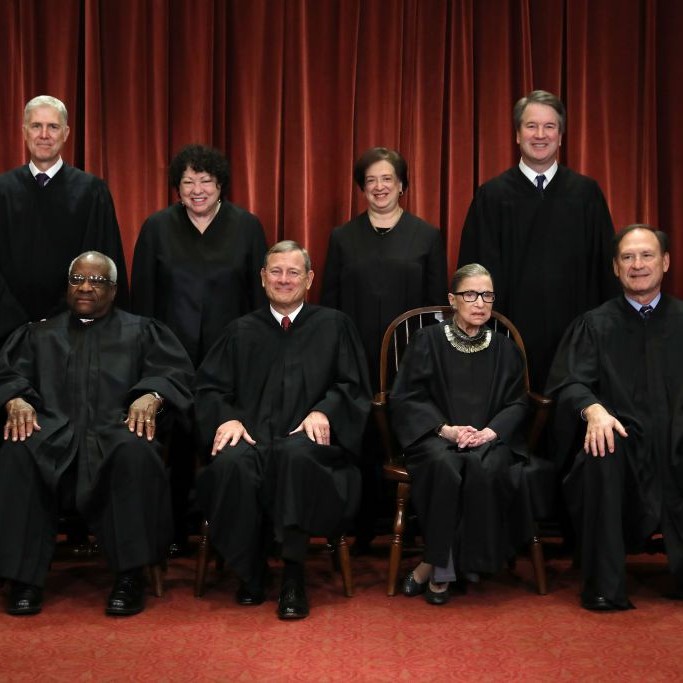
Can a Supreme Court Justice Be Replaced in an Election Year?
The answer is complicated.
By The Editors Published
-

Donald Trump Nominates Amy Coney Barrett to the Supreme Court
If confirmed by the Senate, the conservative judge will fill Ruth Bader Ginsburg's seat.
By Rachel Epstein Published

